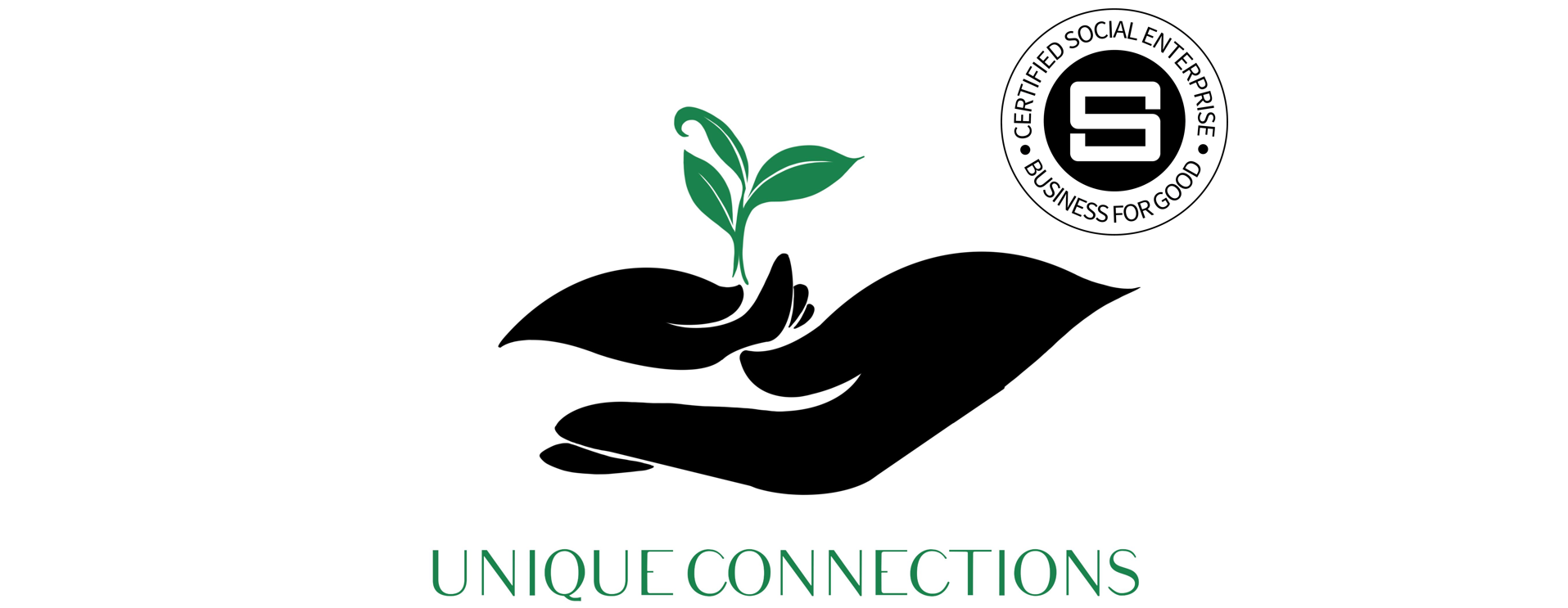
Training and Workshops
-
Building connection and relationships with young people with little or no spoken communication
This training focuses on the universal human need for relationship and connection. This is true even for those who present as if they are not interested in relating those around them.
We cover the importance of attachment for people with learning disabilities and autism, and then focus in on practical steps for how to build connection through activities, special interests and through reflective conversation. We also consider relational approaches to crisis moments or meltdowns.
-
Applying trauma-informed training with people with severe learning disabilities
Many schools have recently received trauma-informed training. However, this often has missed two key elements:
how trauma presents in students with severe learning disabilities and autism
what to do about it
This follow-on training develops previous core training, helping you to apply it to your particular context and needs.
-
Debriefing non-speaking students and young people
There is a requirement for students to receive a debrief after any distressing incident. However, this is rarely implemented for students or young people who have no spoken communication.
We specialise in connecting with people who are non-speaking, and will train your team to find effective debrief strategies for individuals who are currently not receiving this.
-
Debrief Best Practice
Staff retention is high on the agenda for most schools and care organisations.
We offer best practice training on how to debrief staff after difficult interactions and incidents. This allows staff to ‘keep it at work’ - as one staff member recently put it, increasing their resilience and longevity in the work.
-
Autism Training
Despite the progress in autism awareness, levels of understanding how autism presents and how best to support and engage with people with autism is still very low overall.
We offer a comprehensive introduction to understanding and supporting people with autism, which is highly accessible for direct support staff and includes an overview of sensory processing.
-
Self-injury Training
We always train large cohorts of staff in a range of approaches for supporting people who self-injure. This is also available to schools and organisations as a stand-alone, if coupled with workshops and reflective practice.
We cover the role of diagnosis, an overview of the principles underpinning most behavioural packages in the UK, and then a focus on emotional factors for self-injury. This includes some practical ways forward, as well as an emphasis on supporting the teams involved.

We don’t just train…..
…because the evidence base tells us that training staff teams rarely translates to measurable change for those they are supporting.
All of the courses listed offer a combination of an initial training session, followed by a facilitated workshop to help the teams apply what they’ve heard. We follow up with a reflective practice session within a few weeks.
This is because we are passionate about achieving impact and transformation for the young people or adults your teams are supporting.
Testimonials
Consultancy
-
Reflective practice for teams
We love to work with the teams who deliver direct support to complex young people. We will come and observe young people who present with self-injury or other complex behaviours, and then support the teams to reflect on and think through their support going forward. This works well following trauma-informed or self-injury training.
Coming soon! Online reflective practice groups for direct support staff working with those who self-injure. Please let us know if this would be of interest to your teams.
-
Consultancy Supervisions
We provide consultancy supervisions for teams providing therapeutic support to people who have little or no spoken communication. We support the team to find new ways to communicate and connect, and help them to build safety with the client.
-
Individual consultancy for senior leaders
Creating effective, trauma-informed environments starts with culture.
We will meet with a senior leader as a one-off or over a series of meetings to help you think about systems and structures at a governance level. This will enable you to create a wise, united and compassionate culture that will positively impact the lives of the staff and young people.
-
Support for individual transitions
Transitions can be profoundly difficult for young people with a history of self-injury or other complex issues. We will do some initial observations with individual young people, then work with the new team to deliver specialist bespoke training.
This is ideal for complex young people transitioning to adult services, as specialist therapy and support tends to reduce at this point.
-
Bespoke Services
Just as every individual connects uniquely with those around them, so does every organisation. We will put together a package of support and training that best suits your current and future needs, including adapting current resources, or developing bespoke resources where necessary.

